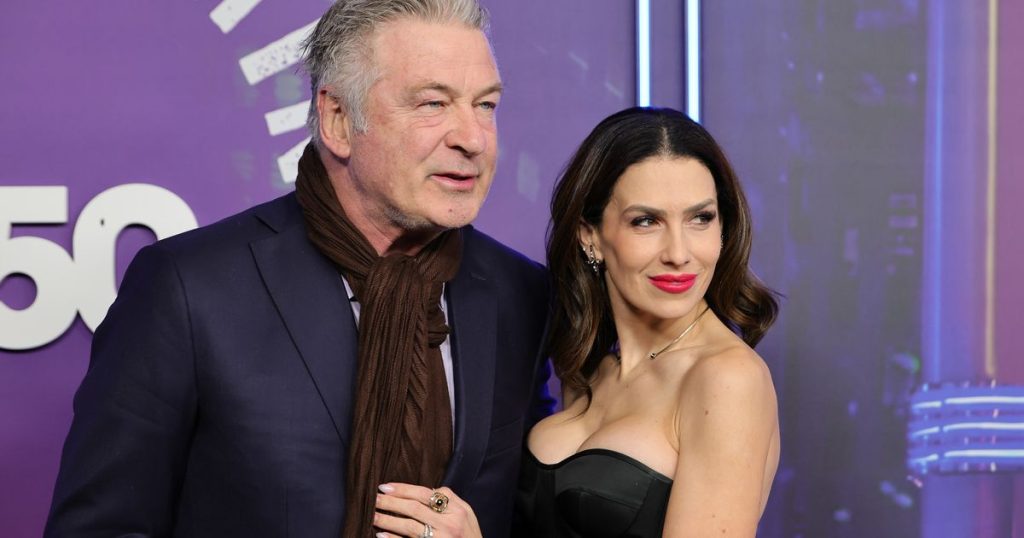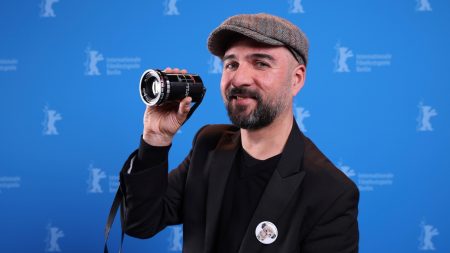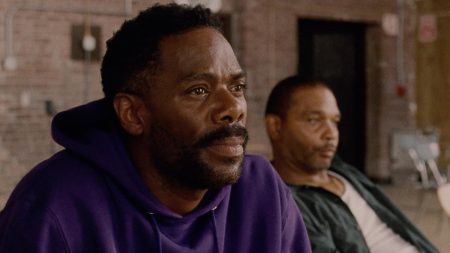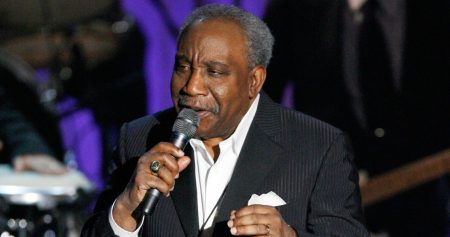Hilaria Baldwin and the Complexity of Cultural Identity
Introduction to Hilaria Baldwin and Her New TLC Show
Hilaria Baldwin, the wife of Alec Baldwin, has recently made headlines by defending her Spanish accent on her new TLC reality show, The Baldwins. The show, which premieres on Sunday, offers a glimpse into the lives of Hilaria and Alec Baldwin as they navigate their 26-year age gap and raise their seven children. In the first episode, Hilaria addresses accusations that have surrounded her for years, particularly the claim that she has appropriated Spanish culture and faked her accent. These accusations, which went viral in 2020, have been a significant part of her public persona, and Hilaria uses the show as an opportunity to set the record straight.
Hilaria Baldwin’s Background and the Accusations of Cultural Appropriation
Hilaria Baldwin was born in Boston, Massachusetts, and her early life is marked by a cultural duality that has shaped her identity. Despite being born in the United States, Hilaria was raised in a bilingual household, speaking both English and Spanish. This linguistic and cultural duality has been a central part of her life, and she has passed this down to her children, who are also being raised to speak both languages. However, her cultural background has also been a source of controversy. In 2020, it was discovered that her biography on the Creative Arts Agency website, as well as several articles in ¡Hola! magazine, initially stated that she was from Spain. This revelation sparked accusations of cultural appropriation and faking her accent, which Hilaria has consistently denied.
Hilaria’s accent has been a subject of scrutiny, with critics pointing out that her Spanish accent seems to come and go depending on the situation. In a 2020 interview with The New York Times, Hilaria explained that her accent is influenced by her emotions, stating that it becomes more pronounced when she is happy or upset. She has also described her cultural identity as “multi” and “fluid” in a July 2021 Instagram post, emphasizing that her background is complex and cannot be reduced to simple labels. This fluidity has been both a source of strength and a target for criticism, as some have accused her of using her Spanish heritage for personal gain.
Hilaria Baldwin Addresses the Controversy on The Baldwins
In the first episode of The Baldwins, Hilaria directly addresses the accusations of cultural appropriation and faking her accent. She begins by acknowledging the pain these accusations have caused her, stating that they made her “sad” and put her in “dark places.” However, she also emphasizes that her experiences are not unique, and that many people from multicultural backgrounds can relate to her story. She explains that her nuclear family now lives in Spain, and she considers it “special” to have grown up speaking two different languages. Hilaria makes it clear that her bilingualism is not a source of inauthenticity, but rather a normal part of who she is.
Hilaria goes on to say, “I love English. I also love Spanish. And when I mix the two, that doesn’t make me inauthentic. When I mix the two, that makes me normal.” She argues that the ability to navigate multiple languages and cultures is a natural part of being human, and that this should be celebrated rather than criticized. Hilaria also acknowledges the support she has received from her family, friends, and community, who understand the complexities of multicultural identity. She believes that the way people speak, the words they choose, and their mannerisms are all influenced by their cultural backgrounds, and that this diversity is what makes us human.
The Broader Implications of Hilaria Baldwin’s Story
Hilaria Baldwin’s story highlights the complexities of cultural identity in an increasingly globalized world. As someone who was raised in a bilingual household and has lived in multiple countries, Hilaria’s experiences reflect the reality of many people today. Her ability to navigate multiple cultures and languages is a testament to the fluidity of identity, and her defense of her accent and background serves as a reminder that cultural identity is not always straightforward. However, Hilaria’s story also underscores the challenges of being a public figure in a world where cultural appropriation is a sensitive and often misunderstood topic.
Hilaria’s comments on The Baldwins resonate with many people who have experienced similar challenges in navigating their multicultural identities. Her emphasis on the normalcy of mixing languages and cultures serves as a powerful reminder that diversity is a natural and beautiful part of human experience. While the accusations against her have been painful, Hilaria’s response has also sparked an important conversation about the complexity of cultural identity and the need to approach these issues with empathy and understanding.
Conclusion: The Baldwin Family’s Journey on The Baldwins
The Baldwins offers a candid look into the life of Hilaria and Alec Baldwin as they navigate the challenges of raising a large family while maintaining their individual identities. The show not only addresses the controversies surrounding Hilaria’s cultural background but also provides a deeper understanding of her experiences as a bilingual, multicultural individual. By sharing her story, Hilaria hopes to normalize the complexity of cultural identity and to show that being multicultural is not something to be ashamed of, but rather something to be celebrated.
Hilaria’s journey on The Baldwins is not just about defending herself against accusations of cultural appropriation; it is also about embracing the richness of her cultural background and passing that down to her children. As the show progresses, viewers will have the opportunity to see the Baldwin family’s daily life, their struggles, and their triumphs, all while gaining a deeper understanding of the complexities of cultural identity. Hilaria Baldwin’s story is a powerful reminder that our cultural backgrounds are what make us who we are, and that embracing our diversity is what makes us truly human.















